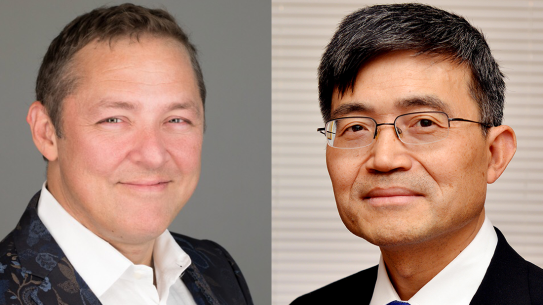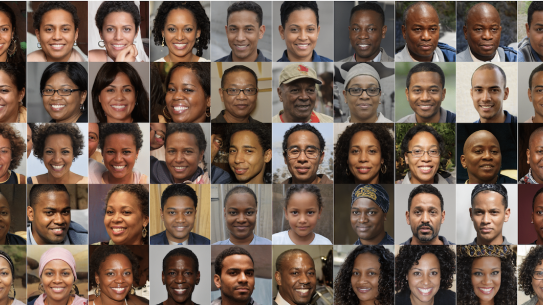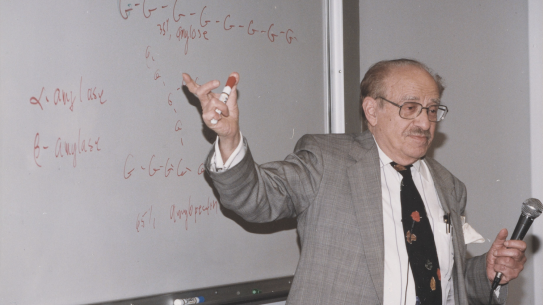What Science and Technology Studies can do for engineering students
If you are a high school junior dreaming of studying robotics or an incoming first-year student eager to dive into your computer science courses, you might not give a lot of thought to Science and Technology Studies (STS) — a field that examines technology’s impact on society; how social, historical and economic contexts have shaped the work of scientists and technologists; and what scientific and technological knowledge contributes to our understanding of the world.
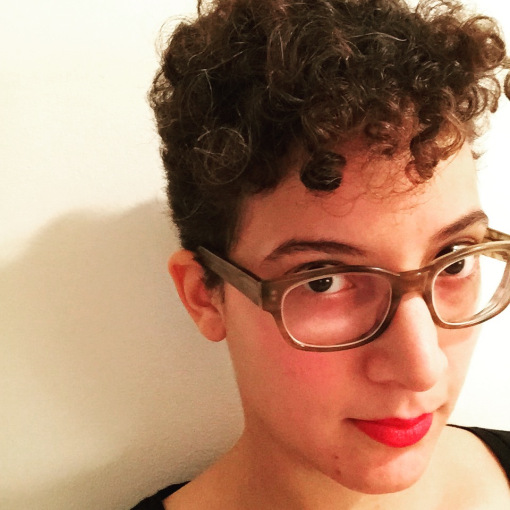
Industry Assistant Professor Danya Glabau, who directs STS at Tandon, explains that it’s not enough to simply know how to build a drone or code a new app; she wants Tandon students to gain a clear understanding of how their work can affect society and a firm commitment to leveraging their skills in an ethical way that takes into account equity, fairness, and transparency. To that end, she has spearheaded a new Tandon-wide curriculum initiative that requires all incoming Tandon students to take at least one ethics class.
“Tandon students graduate with the skills they need to create all types of cutting-edge tech, from new modes of engineering proteins to treat medical conditions to novel ways of using big data and artificial intelligence,” she has said. “Those are complex issues with varied ramifications, so it’s important that ethics be an integral part of their engineering education.”
Glabau had long been interested in biology and engineering but chose to earn her master’s and doctoral degrees in STS. “I became a social scientist because people’s lived experience is vital to how science and technology work; in the end, those are human topics, and everyone at an engineering school should be aware of the human element of what they’re learning,” she asserts. “If you’re going to develop technology, you have to understand how your end users live.” Having an historical overview and hearing case studies can teach students a lot, she says, including what skills they will need to address the problems they’re interested in solving, the mistakes they should avoid making, and what resources they should seek out.
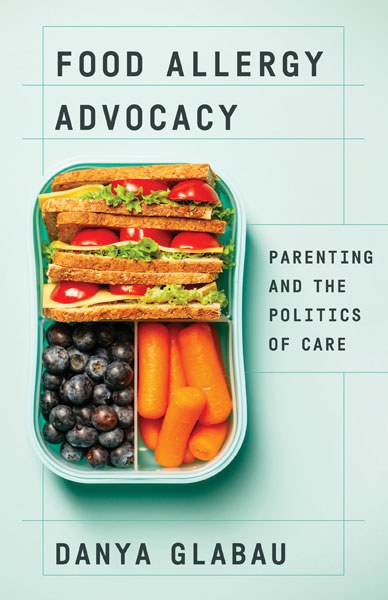
In addition to being an STS scholar, Glabau is a medical anthropologist, and her own research focuses on patient activism and equitable access to healthcare. She recently published Food Allergy Advocacy: Parenting and the Politics of Care. Born from her own early struggles with allergies, the book examines how food allergy activists get involved in scientific research and political advocacy, and how race, class, and gender shape their work.
“In the course of the almost three years of ethnographic fieldwork I conducted for the book, I was struck by the people the STS community call ‘expert patients,’” Glabau, who is also on the faculty of the Brooklyn Institute for Social Research, says. “Many parents of children with food allergies and adult who have food allergies themself respond by doing extensive research and getting involved to change policy.” She concludes, “They’re proof that ordinary people can make a difference. And as trained scientists, technologists, and engineers, Tandon students have an even greater obligation to make a difference in their chosen fields.”



